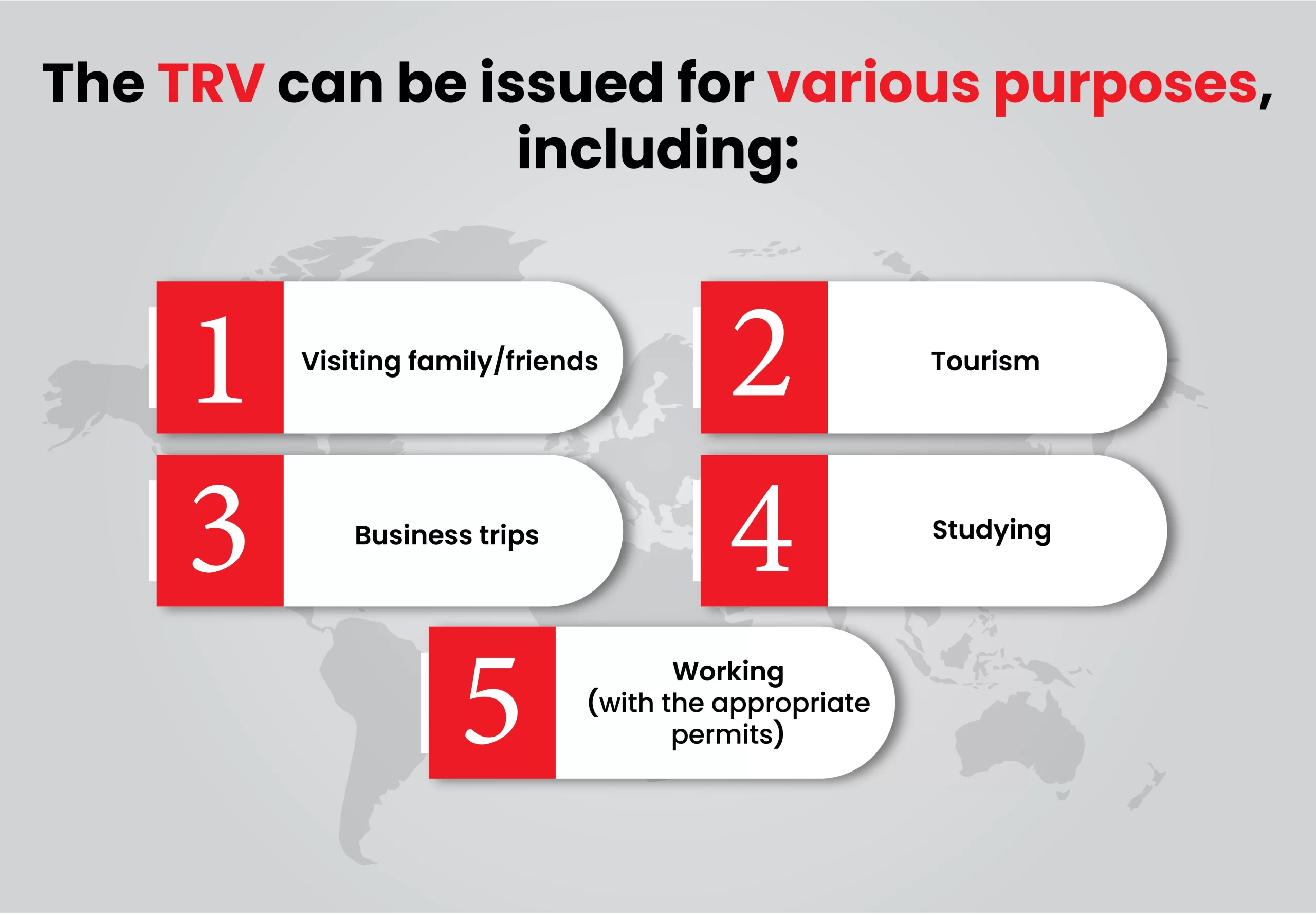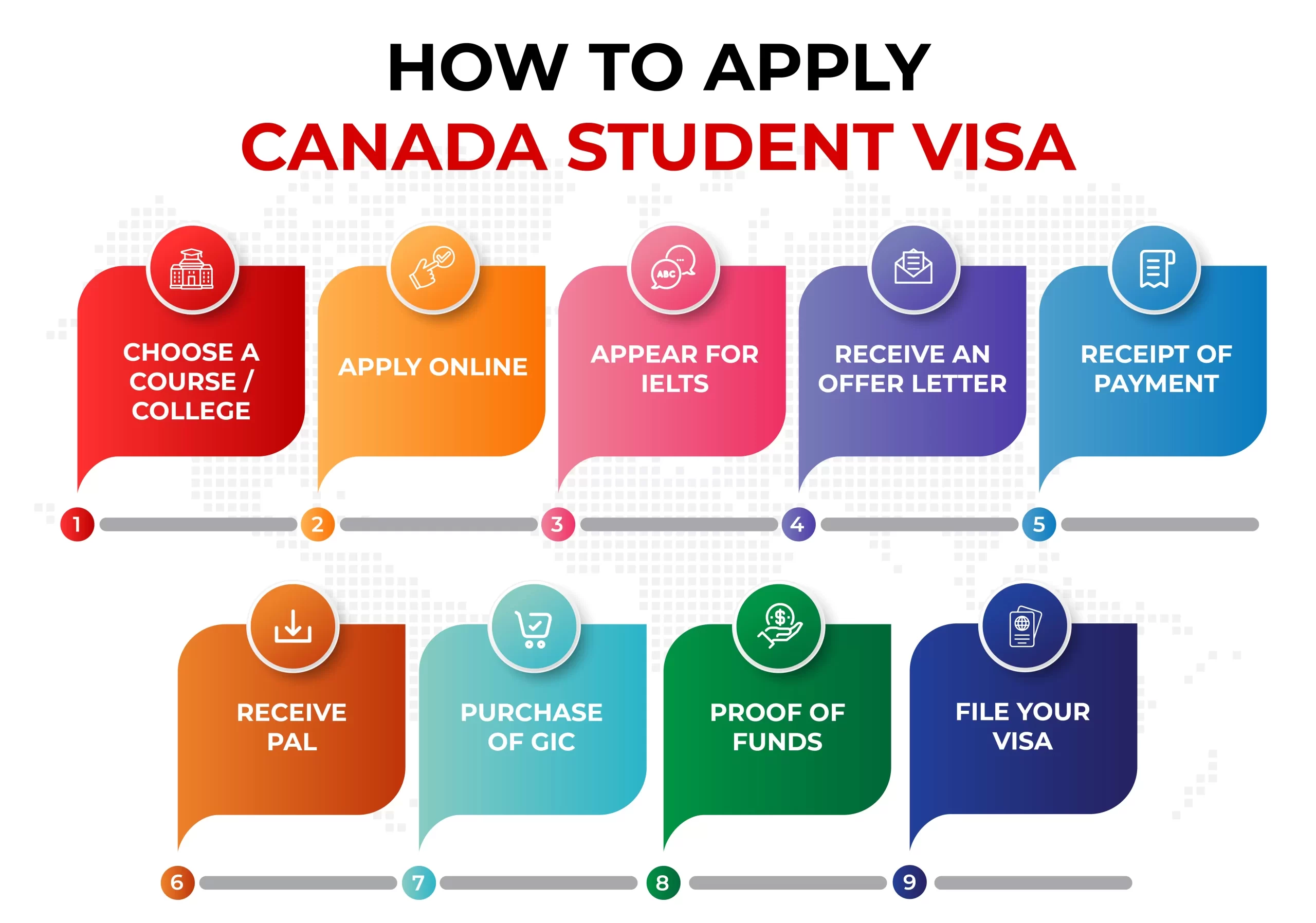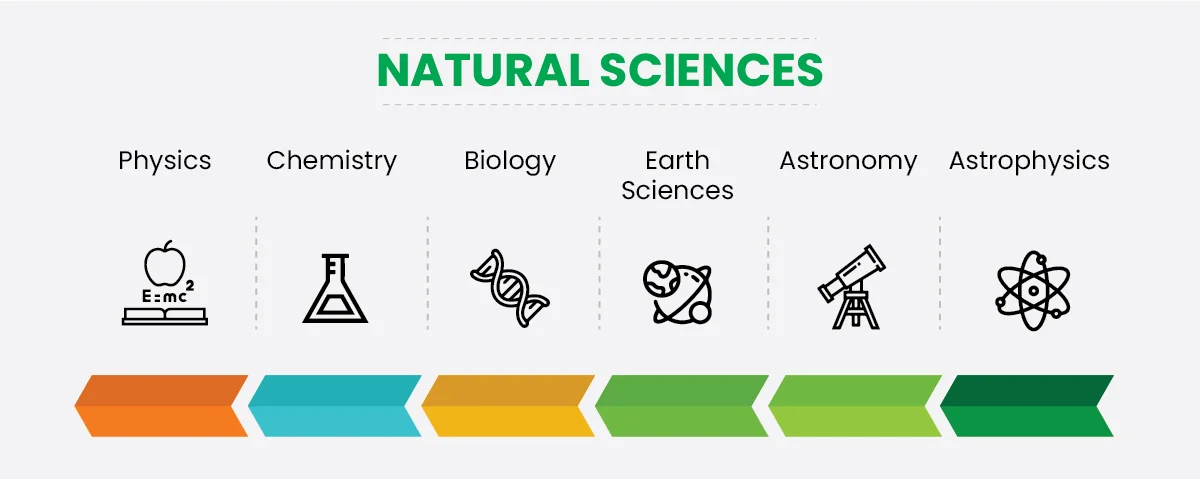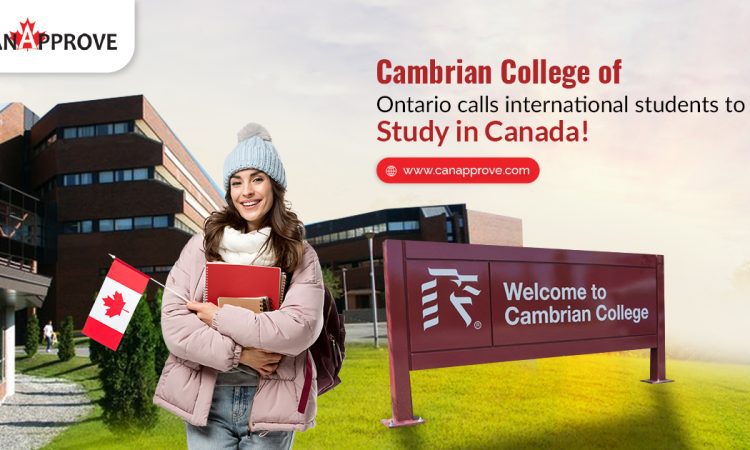Temporary Resident Visa is an official visa document issued by a Canadian Visa office and placed in the applicant’s passport to indicate that he or she has fulfilled the criteria for temporary resident admission. Moreover, a Canada TRV is a visa granted to someone who wishes to enter Canada for a particular reason, such as visiting relatives or friends, site seeing, business trips, studying and working with an appropriate permit. The TRV itself is a broader category that includes various types of temporary stays in Canada. Here are the key things you want to know about the Canada temporary resident visa to clarify any confusion.
Table of Content
1What is a Canada Temporary Resident Visa2Who needs a Canada Temporary Resident Visa3Types of Canadian Temporary Visas4Documents Required for a Canada Temporary Resident Visa5How CanApprove help with your Canada Temporary Resident Visa6Frequently Asked Questions
What is a Canada Temporary Resident Visa
A Temporary Resident Visa (TRV) is a document that lets people from other countries travel to Canada, either by plane or at a border crossing. It shows that the person meets the basic rules to visit Canada temporarily. However, having a TRV doesn’t mean they’re guaranteed to get in. When they arrive, a border officer will check if they still meet the rules. If something doesn’t seem right, the officer can say no to letting them in.
Who needs a Canada Temporary Resident Visa (TRV)

If you’re from a country where Canada requires a visa to visit, you’ll need something called a Temporary Resident Visa (TRV). Think of it like a permission slip that says, “Yes, you can come to Canada.”
Visa-required foreign nationals must apply for a Temporary Resident Visa (TRV) to travel to Canada as:
- Visitors: For tourism, visiting family or friends, or attending events.
- Workers: Those with valid job offers or work permits needing entry into Canada.
- Students: International students pursuing studies at designated learning institutions (DLIs).
Types of Canadian Temporary Visas
If you want to visit Canada for a short time, you’ll need a temporary visa. The type of visa depends on why you’re going there. Here are the three main types:
1. Canada Student Visa
The Canada Student Visa, is for international students who want to study at Canadian schools or universities approved as Designated Learning Institutions (DLIs). This visa is usually required for studies lasting more than six months.
Requirements for a Canada Student Visa
- Letter of Acceptance: An official acceptance letter from a Canadian DLI.
- Language Proficiency Test: Proof of English or French skills, like IELTS , PTE or a similar test.
- Proof of Funds: Documents showing you can cover tuition, living expenses, and travel costs.
- Travel Documents: A valid passport and recent photographs.
- Statement of Purpose (SOP): A letter explaining why you want to study in Canada and what you plan to do after graduation.
Eligibility for a Canada Student Visa
- You must have been accepted by a Canadian DLI.
- You need enough funds to support yourself during your stay.
- A clean criminal record and good health are required.
- You must prove your intent to leave Canada after completing your studies.
2. Canada Work Visa
The Canada Work Visa allows foreign nationals to work temporarily in Canada. Different types of work permits are available, depending on the job and how long you plan to stay.
Requirements for a Canada Work Visa
- Job Offer: A valid job offer from a Canadian employer.
- Labor Market Impact Assessment (LMIA): Some jobs need this document to show the employer couldn’t find a local worker.
- Proof of Funds: Evidence you can support yourself during your stay.
- Travel Documents: A valid passport and photos.
- Medical Exam: Certain occupations require a medical exam for Canadian immigration purposes.
Eligibility for a Canada Work Visa
- A job offer from a Canadian employer (unless exempt).
- An LMIA may be required for certain jobs.
- A clean criminal record and good health are necessary.
- You must prove your intent to leave Canada when your visa expires.
3. Canada Visitor Visa
A Canada Visitor Visa is for short-term visits, such as tourism, visiting family, attending business meetings, or taking short courses (less than six months). Depending on your travel plans, you can apply for a single-entry or multiple-entry visa.
Requirements for a Canada Visitor Visa
- Proof of Identity: A valid passport and photos.
- Proof of Funds: Evidence you can financially support your trip.
- Purpose of Visit: A clear explanation of why you’re visiting (e.g., vacation, meeting family, or business).
- Invitation Letter: Required if visiting friends or family in Canada.
- Ties to Home Country: Documents showing you’ll return home after your visit (e.g., job, family, or property).
Eligibility for a Canada Visitor Visa
- You must have enough money for your stay.
- A valid passport and a clean criminal record are required.
- You need to prove you’ll leave Canada after your visit.
Documents Required for a Canada Temporary Resident Visa
The specific documents required for a Canada Temporary Resident Visa (TRV) can vary depending on your individual circumstances and country of origin. However, here are some of the general documents you may need:
- Valid Passport: Must be valid for the duration of your stay.
- Application Form: Completed TRV application form.
- Photographs: Passport-sized photos meeting Canada’s specifications.
- Proof of Financial Support: Evidence of funds to cover your stay.
- Purpose of Visit: Documents explaining your purpose (e.g., invitation letter, travel itinerary, or proof of study/work).
- Ties to Home Country: Proof that you’ll return to your home country (e.g., job letter, property ownership).
- Medical Exam: Required for specific countries or jobs.
- Police Clearance Certificate: May be needed to prove no criminal record.
How CanApprove help with your Canada Temporary Resident Visa
Applying for a Temporary resident visa can be complicated. That’s where CanApprove comes in! We offer:
- Expert guidance on eligibility and documentation.
- Hassle-free application assistance.
- Timely updates on visa processing.
- Tailored solutions for study, work, or visitor visas.
With 26 years of experience, CanApprove will definitely make sure your visa process is smooth and successful. Schedule now for a consultation with our Canada immigration expert to discuss your specific needs.
Frequently Asked Questions (FAQ)
To get a TRV, follow these steps:
- Check Eligibility: Confirm whether you need a TRV or an eTA.
- Complete the Application Form: Fill out the form online or on paper.
- Gather Documents: Collect all required documents for submission.
- Pay the Fees: Submit the application fee.
- Submit Application: Apply online or in-person through the VAC.
- Provide Biometrics: Visit a Visa Application Centre (VAC) for fingerprints and photos.
- Wait for Processing: Track your application status via the IRCC portal.
- Nationals of visa-required countries traveling to Canada for tourism, study, or work.
- Students and workers with valid permits from visa-required countries.
- Travelers needing a TRV based on their mode of entry (land, air, or sea).
If you want to extend your stay in Canada:
- Apply Online: Submit an application to extend your stay before your current visa expires.
- Provide Documents: Include proof of funds, reasons for extension, and valid passport copies.
- Wait for Approval: You may remain in Canada under implied status while your application is being processed.











 Details about the Trusted Institution framework are still emerging, but the core concept is clear. Post-secondary institutions will be assessed against specific criteria that demonstrate their reliability in various aspects, including sustainable intake, identifying genuine students, monitoring compliance, and providing a safe and enriching experience for international students.
Details about the Trusted Institution framework are still emerging, but the core concept is clear. Post-secondary institutions will be assessed against specific criteria that demonstrate their reliability in various aspects, including sustainable intake, identifying genuine students, monitoring compliance, and providing a safe and enriching experience for international students.







